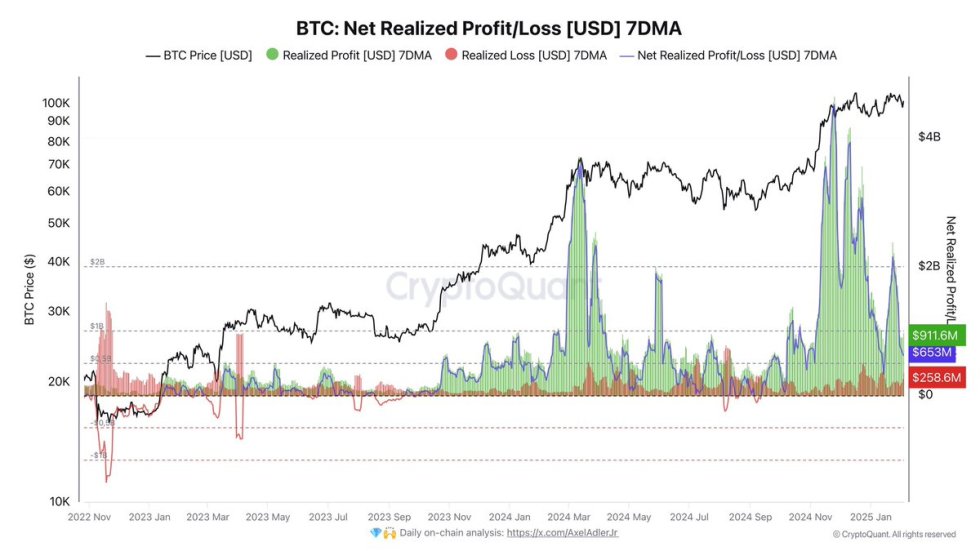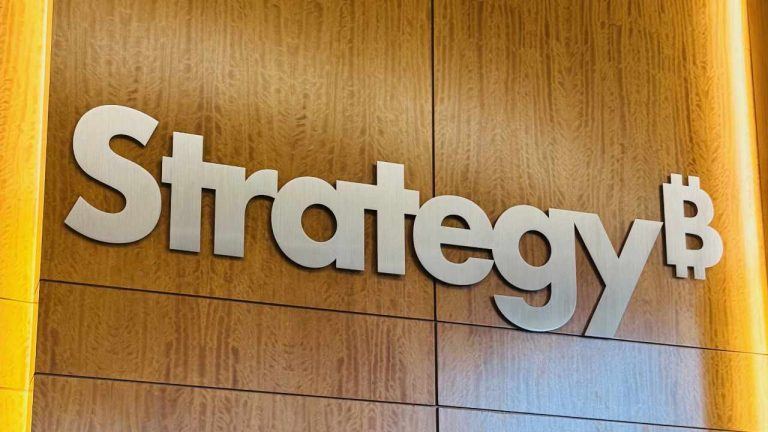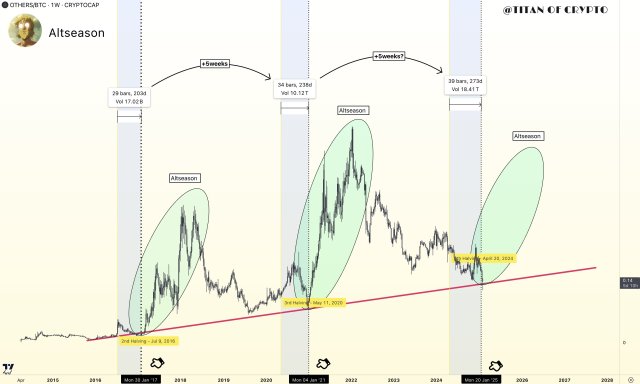A ‘smart contract’ is in essence just software that runs and operates automatically.
This allows information to be exchanged and executed, without the need for ‘trust’ of other parties or ‘approval’ of a central authority.
However, it should be noted, it is just software and there is nothing intelligent, clever or ‘smart’ about it, other than it runs automatically - there is software that is well written and badly written.
So how do smart contracts work?
Imagine you and I bet €50 on tomorrow’s weather in Paris. I bet it will be sunny, you that it will rain. Today we have three options to manage this transaction:
We can trust each other. Rainy or sunny, the loser will give €50 to the winner. If we are friends, this could be a good way of managing it. However, friends or strangers, one can easily not pay the other.
We can turn the bet into a contract. With a contract in place both parties will be more prone to pay. However, should either of the two decide not to pay, the winner will have to pay additional money to cover legal expenses and the court case might take a long time. Especially for a small amount of cash, this doesn’t seem like the optimal way to manage the transaction.
We can involve a neutral third party. Each of us gives €50 to a third party, who will give the total amount to the winner. But hey, she could also run away with all our money. So we end up with one of the first two options: trust or contract.
Neither trust nor contract is an optimal solution: We can’t always trust strangers, and enforcing a contract requires time and money.
The blockchain technology is interesting because it offers us a fourth option which is secure, quick, and cheap (see previous post for an explanation of the blockchain).
- Blockchains allow us to write a few lines of code, a program or ‘smart contract’ to which both of us send €50. This program will keep the €100 safe and check tomorrow’s weather automatically on several data sources. Sunny or rainy, it will automatically transfer the whole amount to the winner. Each party can check the contract logic, and once it’s running on the blockchain it can’t be changed or stopped.
This may be too much effort for a €50 bet, but imagine selling a house or a company or the numerous other use cases (finances, information, contractual obligations, legal ownership etc), where this will be useful, and as it becomes more prevalent, totally essential. Just like the internet itself.
. . .
Full article and further reading https://link.medium.com/27q92jfoZib
. . .
[link] [comments]

You can get bonuses upto $100 FREE BONUS when you:
💰 Install these recommended apps:
💲 SocialGood - 100% Crypto Back on Everyday Shopping
💲 xPortal - The DeFi For The Next Billion
💲 CryptoTab Browser - Lightweight, fast, and ready to mine!
💰 Register on these recommended exchanges:
🟡 Binance🟡 Bitfinex🟡 Bitmart🟡 Bittrex🟡 Bitget
🟡 CoinEx🟡 Crypto.com🟡 Gate.io🟡 Huobi🟡 Kucoin.




















Comments